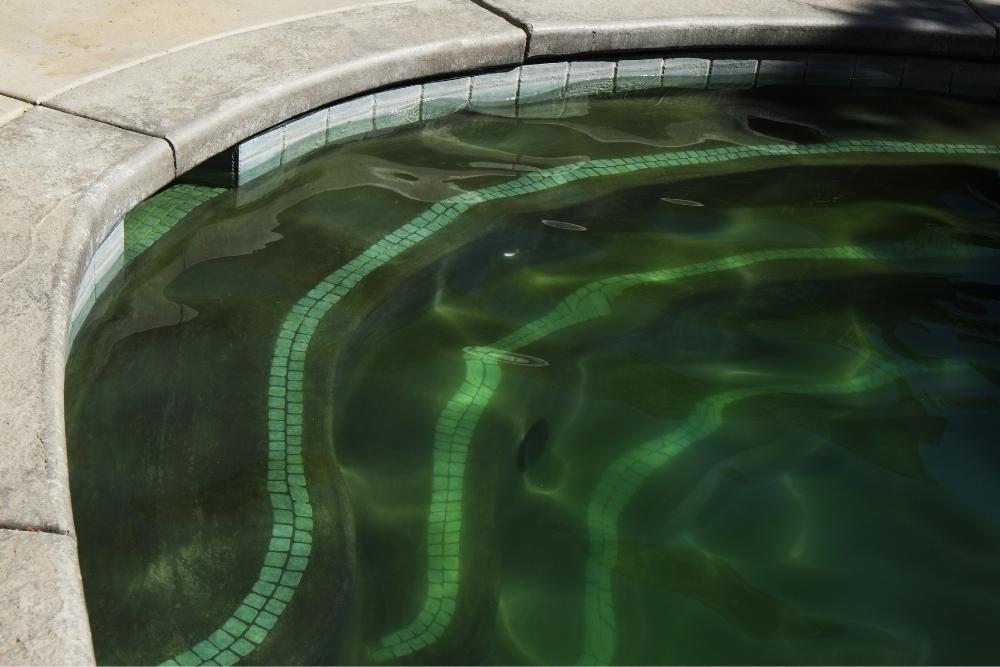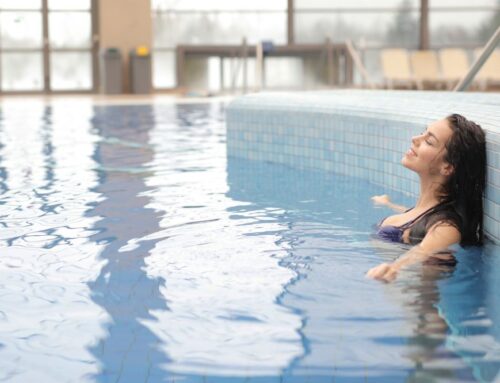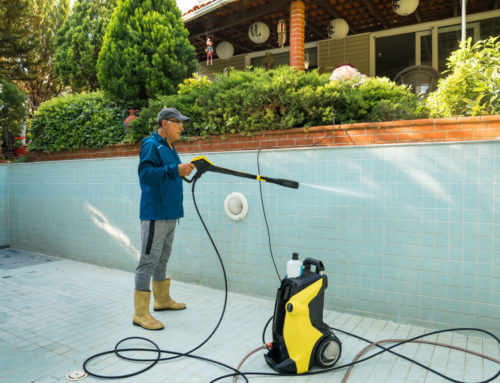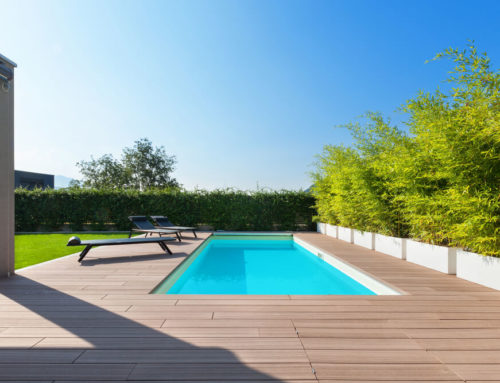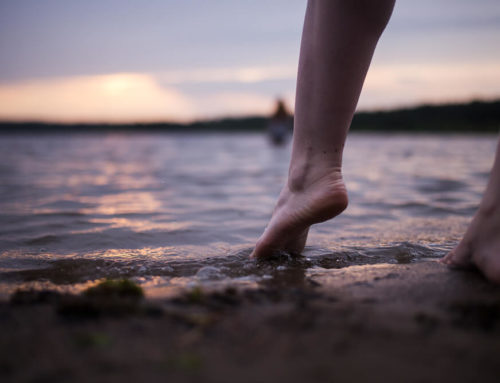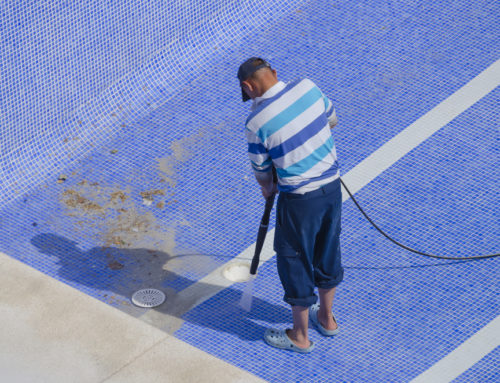Algae are a plant organism often found in swimming pools. There are three pool algae, i.e., mustard, green, and black. Algae can make the pool water appear green, black, teal, yellow, brown, crimson, or cloudy. It can float in the pool or stick to the pool walls and cracks.
Pool algae indicate that your pool water is out of balance, which indicates insufficient chlorine in the pool to prevent harmful bacteria and potential sanitation issues. Therefore, algae in your pool render it unfit for swimming. This article will help you understand how to eliminate and prevent pool algae.
Tips to Kill Algae in Your Pool
The following steps can help clean algae from your pool.
- Identify the algae in your pool water to determine the treatment.
- Besides cleaning equipment, put away everything from your pool and vacuum your pool to remove any algae forced to the pool bottom by the algaecide.
- To effectively kill algae spores, scrub and brush your pool walls regularly. Also, use chlorine to sanitize your pool and kill algae. Try a concentrated chlorine shock treatment at night to eliminate the green appearance of the pool water.
- Ensure that your pool pH balance is neutral.
Removing Algae from Your Pool Floor
The following steps can help you remove dead algae on your pool floor:
- Use a test kit to verify the pH and chlorine levels and balance your pool water chemistry.
- If you have algae on the bottom of your pool, run it all day instead of running your pool pump for a few hours a day to circulate the water.
- Vacuum and brush the pool walls and floor to eliminate all algae, debris, and dirt remnants.
- Clean your pool filter after you’ve cleaned your pool to eliminate any dirt and debris that clogs your pool filter after cleaning your pool.
- Use an algaecide to prevent future algae growth.
Preventing Algae Formation in Your Pool
Some tips to prevent an algae infestation in your pool include:
- Algae flourishes in pools with varying chemical and pH levels. Check your pool pH and chemical levels twice weekly using a testing strip to ensure your pool pH and chemicals are balanced.
- Uncirculated water is often a breeding ground for algae. Always run the pool filtration system when treating your pool for algae. Ensure your filtration system functions properly and clean it well to prevent any algae-attracting debris build-up.
- Use your pool because active water is usually cleaner. Using your pool stirs the water and helps you keep it clean by bringing any stagnant dirt and debris to the water surface. This can efficiently prevent algae formation.
- Cover your pool with a manual or an automatic safety cover if it isn’t in use to keep it free from dirt particles, wind, and rain. This helps to keep the pool clean and maintain the pH and chemical levels.
- Clean your pool, especially the pool bottom, to keep dirt and debris from collecting on your pool floor. Use good-quality algaecides to prevent algae growth.
Pools provide an excellent source for relaxing with your family and friends. However, it would help if you had an effective pool maintenance plan to keep your pool free from algae.
Are you looking for pool algae prevention professionals? Contact our pool techs and Sparkling Clear Pools to get the best and the most affordable pool cleaning and maintenance services today!

